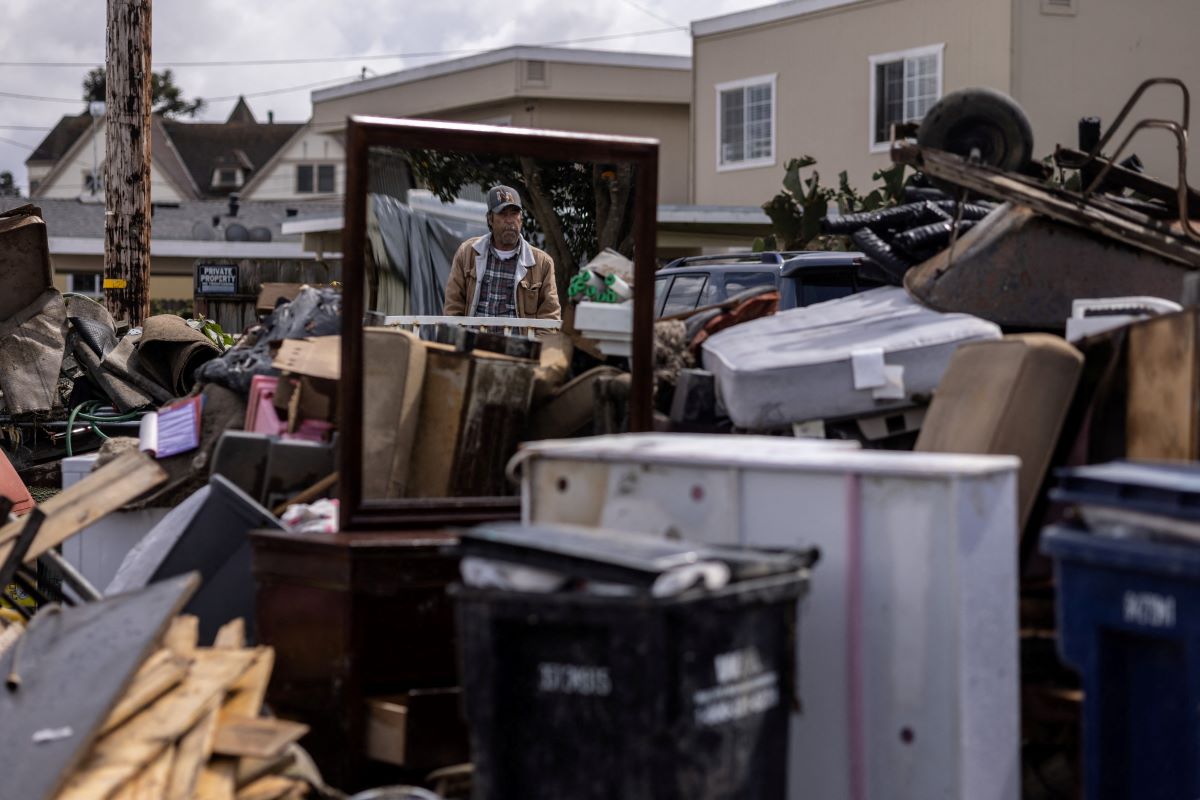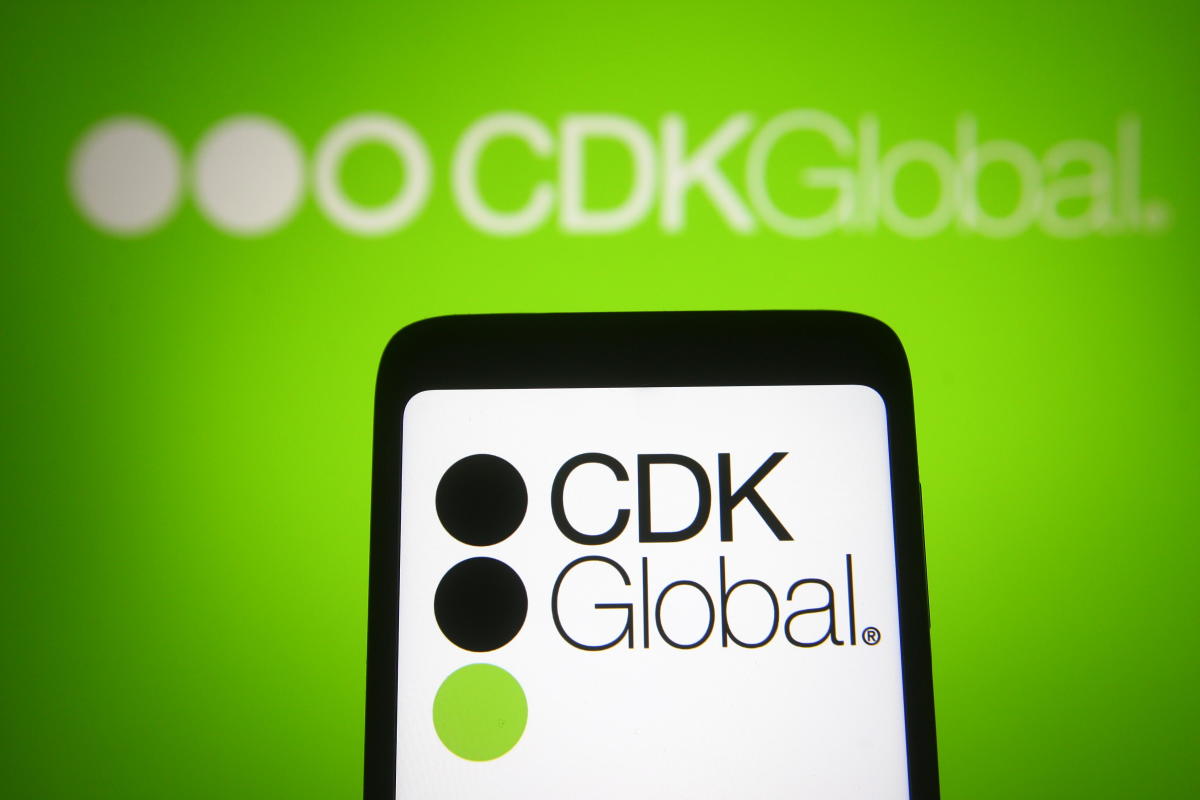1 min
Expert: Historic password breach creates public urgency for better password protection
Cybercriminals recently executed a significant breach, stealing the world’s most extensive collection of passwords. These stolen credentials, a staggering 10 billion unique passwords, have been uploaded to the notorious RockYou2024 database, a hub for cybercriminal activity. Tulane University cybersecurity expert Demetrice Rogers says the stolen passwords are a significant vulnerability for most users and underscore the need for strong password management. With malicious actors now armed with an extensive database of nearly 10 billion unique passwords, the risk of successful hacks on unsuspecting users is significantly higher. "The massive growth of the RockYou2024 password list shows just how tough it’s getting to keep our accounts safe. Hackers will love this list, making it a go-to tool for breaking into accounts. We need strong, unique passwords and multi-factor authentication to stay one step ahead. Think of it like locking your doors and setting the alarm—essential steps to keep the cybercriminals out." Rogers can cover: • How users can check to see if their information and passwords are included in the leak. • The importance of creating strong, unique passwords for each account and using reputable password managers to generate and store them securely. (Many users use the same password across multiple websites, making an attacker’s job much easier.) • Why adopting multi-factor authentication is increasingly important to ensure account security.





